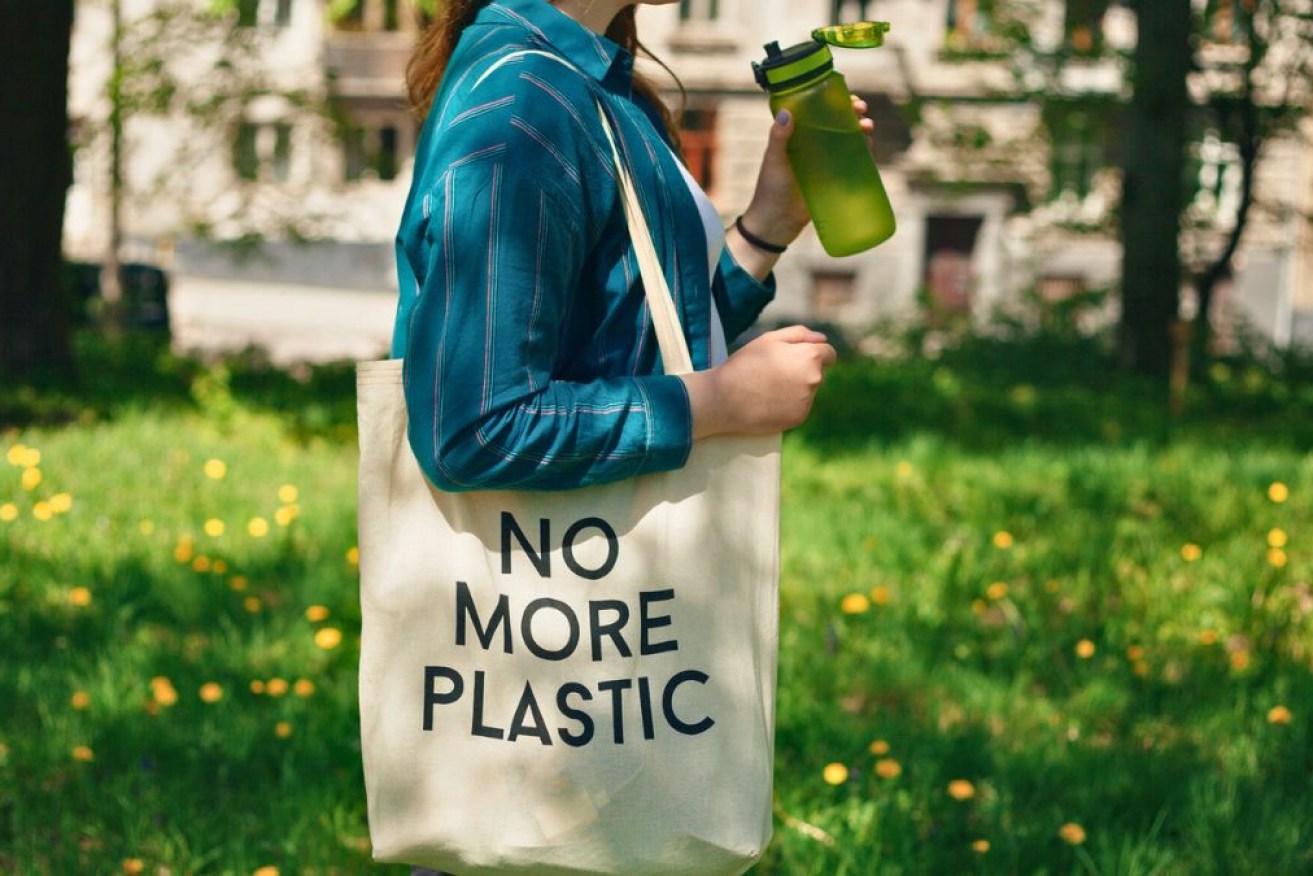How Australians are cutting out single-use plastics


Aussies say they're reducing plastic use, but soft plastics still litter the country. Photo: Getty
The vast majority of Australians are concerned about plastic waste – and they claim to be actively doing something about it.
A YouGov survey found 78 per cent of Australians are concerned about the use of plastic in Australia, with 63 per cent also concerned about usage in their own home.
This comes after Clean Up Australia found plastics dominated the waste picked up across Australia in 2023, representing 81.1 per cent of all counted litter.
The most common type of plastic litter was soft plastics, which cover items ranging from plastic bags to lolly wrappers.
Takeaway food containers, straws and takeaway coffee cups also featured heavily in the litter picked up over the year.
YouGov found many Australians were supportive of bans on the plastic versions of these products, and are using them less in daily life.
More than half of Australians carry reusable shopping bags, reuse takeaway containers for storage and carry a reusable bottle or cup to reduce their plastic consumption.
Women were far more likely than men to try to reduce their everyday plastic usage.
More than half of Australian women reported that they avoided using plastic cutlery, plastic straws and reused plastic bottles.
Less than 40 per cent of men reported making each of these changes.
But YouGov found men and women were much more aligned when it came to future use of several everyday single-use plastic products, with many feeling state and territory plastic bans could go further.
Australia has no nationally-enforced approach to waste; states and territories decide for themselves what waste-reduction policies to install.
It took years for seven out of eight Australian jurisdictions to issue bans on single-use plastics, but the moves were not made simultaneously and are still not cohesive; plastic carry bags, cutlery and drink containers are among the most banned items throughout the country.
YouGov found 61 per cent of Australians would support a ban of disposable coffee cups, with more than half also supportive of bans on coffee machine capsules, condiment sachets, plastic wrappers for food items, and cotton buds made from plastic parts.
However, Australians were less enthusiastic of bans on bubble wrap or cling wrap, with less than half the country voting their support for these potential changes.
The research also revealed the spectacular collapse of REDcycle had a moderate or significant impact on the confidence in the country’s recycling efforts for two-thirds of Australians.
However a new Soft Plastics Recycling Trial, which follows a similar return-to-store format as REDcycle and began in select Melbourne suburbs in February, proved many Australians are supportive of further soft plastics recycling efforts.
More than 74 per cent of Australians told YouGov they would still be likely to use this method to dispose of soft plastics, with 9 per cent on the fence and 16 per cent against the idea.








